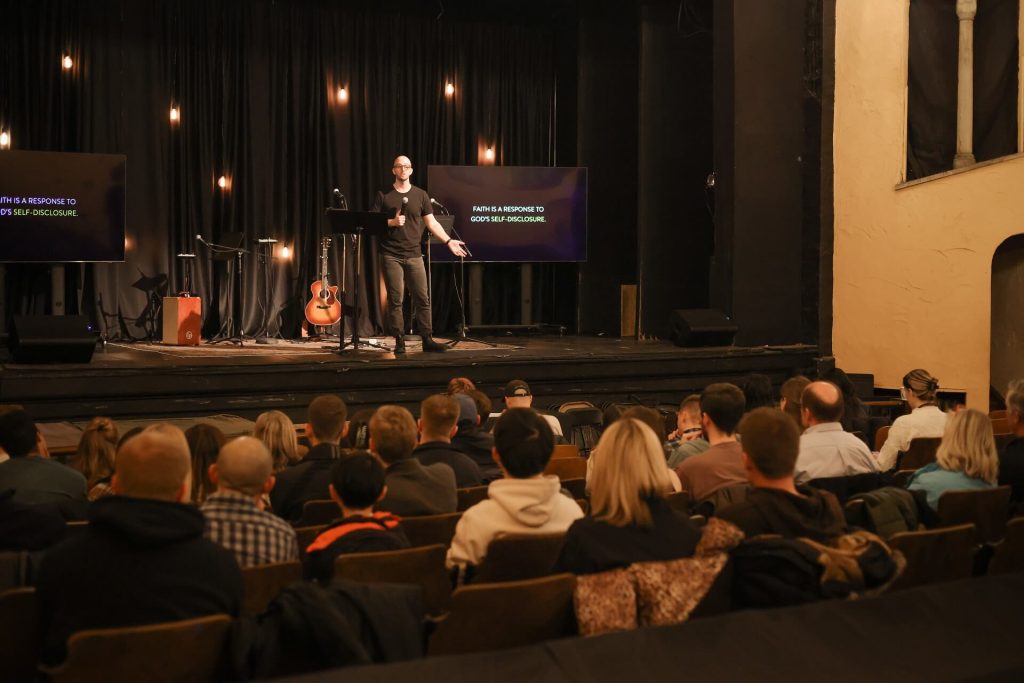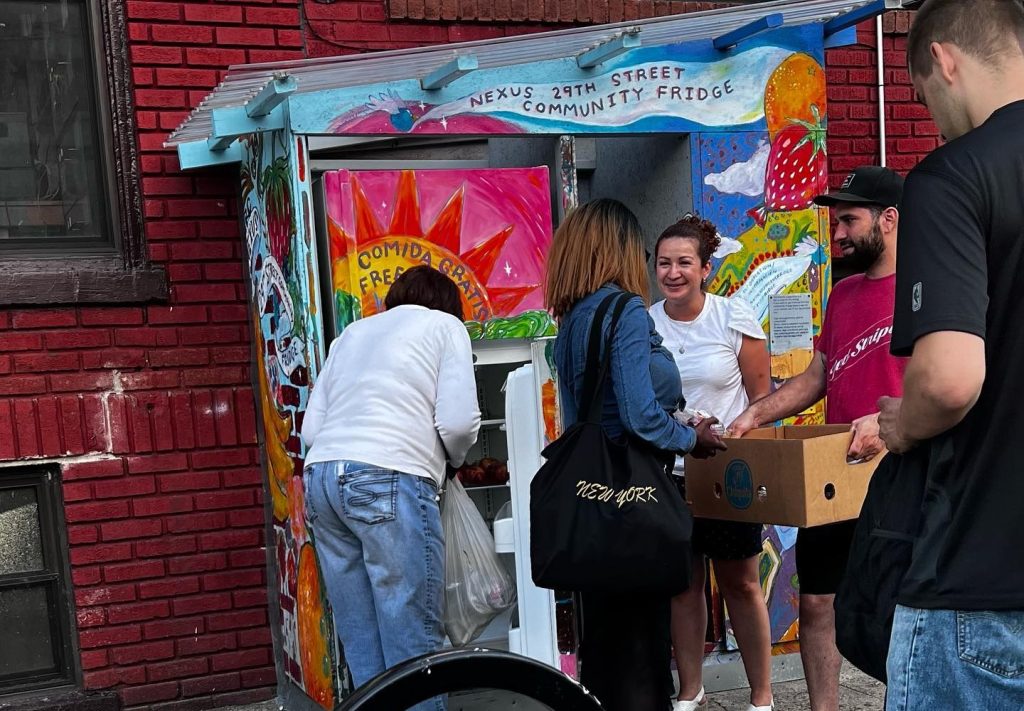There’s no way around it. Sharing the good news of Jesus with people who will likely reject you is terrifying. For many Christians in New York like myself, the path of least resistance is to blend in, be “normal,” and vaguely allude to our faith (maybe) in self-helpy conversations on stress-management and wellness.
Yet with our lives upended by COVID-19 and the reckoning with systemic injustice resurging this past spring, some of my peers and I have noticed an interest among our friends in deeper conversations. Should we say something? If we say something, will we make it out alive without being branded a fanatic? Afraid of getting it wrong, we typically talk ourselves out of having conversations of eternal significance by outsourcing it to others. There are experts for this kind of stuff. They have the answers. They’re the ones for the job.
Evangelism can be incredibly hard, but moving the needle from zero to one can be a lot easier than we might imagine. Fueled by the truths of scripture and the power of the Spirit, it doesn’t take a lot to get started. And when we get started, who knows what the Lord of the harvest can do?
Building on the work of friends like John Teter, Rob Wegner, Alan Hirsch, and Forge America, I began leading online training early on during lockdown—first for friends in my neighborhood, then for a network of church leaders serving in vastly different parts of the city. In each instance, the call was filled with a sense of freedom and renewed confidence that people felt by being able to have a spiritual conversation personally and being able to encourage others to do the same.
The key ingredients of the training were simple:
OUR POSTURE
Over and over, it was evident that leaders could break up a logjam of evangelistic fear by remembering these foundational truths:
-
When we evangelize, we join God in what he is already doing.
-
While we are called to speak the good news to people in our lives, it’s God’s job to change hearts.
-
Our identity is rooted in the finished work of Jesus. Our worth isn’t based on being busy or “successful” at evangelism.
PRAYER
We began each part of the training in prayer—and in the spirit of the foundational truth that we are powerless to change hearts, we do not stop praying. To help people get started in prayer, we used simple tools like a cross drawn on a sticky note to mark four areas of someone’s life to pray over, like their neighborhood, vocation, recreation, and family. As people write out names of people they love, we prayed right then and there for them together.
SECULAR TO SACRED CONVERSATIONS
We developed our conversational skills by preparing to listen for the hurts, hopes, history, and passions of people we meet with and pray over. To prepare us to bring our experiences of God into everyday conversations, we also practiced sharing stories of God at work in our lives with each other.
REFOCUS ON JESUS’ EXAMPLE
Evangelism flows out of our relationship with Jesus. A potent exercise to reignite a desire for spiritual conversations is recounting a part of Jesus’ story that truly moves us. From the healing of the bleeding woman to the miraculous catch of fish to Jesus’ prayer in Gethsemane, leaders took turns retelling their favorite stories of Jesus and how it inspired them.
Unsurprisingly, there is power in inviting men and women in ministry to pause for a moment and marvel anew at this man named Jesus.
LIGHT STRUCTURE TO SUSTAIN THE WORK
From initial training like this, we’ve seen that providing support for people through light structures such as small teams of evangelistically-oriented Christians* can make an enormous difference in sustaining momentum. For example, groups of three or four people within a church community can commit to praying for one another, share updates at regular meetings or via group texts, and gather for ongoing coaching. Pastors can set up teams of their most evangelistically-engaged leaders to provide some of that training and encouragement that is dearly needed today.
Tim Keller talks about how about 10-20% more people in New York were open to the gospel after 9/11 and other financial crises. God works as he pleases, but the window doesn’t usually stay open forever.
We who long to see lives and cities transformed would do well to anchor ourselves in the power of the work of Jesus and find simple ways to get spiritual conversations started and sustained.
P.S. After each training, I invited leaders to share their next step. Here’s a handful of examples I’ll leave you with.
My next step will be to:
-
Regularly pray for these four people.
-
Be brave enough to embrace the “awkward” conversations openly.
-
Treat my relationships with others as sacred, not secular.
-
Refine my grasp on the gospel and how it addresses the problems others are facing.
-
Pray that I am given insight into what issues those around me face, as well as opportunities and wisdom to address them.
-
Pray for courage and pay attention to what God is already doing.
* (Thanks to Craig Ellis and The Elpis Network for that term.)



